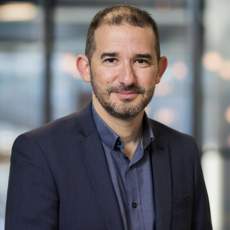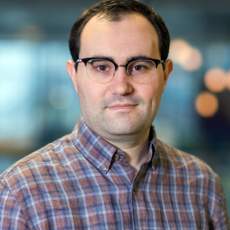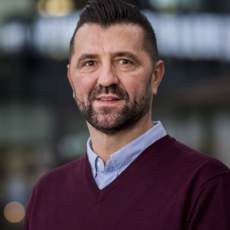Summary of the project
The "Coherent MOOCs Package on Photonics in Electrical Engineering/Applied Physics" project has been being developed to address the need for comprehensive online education in photonics at Eindhoven University of Technology (TU/e). This project has been aiming to create three Massive Open Online Courses (MOOCs) covering the physical principles of photonic devices, the design, simulation, and fabrication of photonic integrated devices, and optical communications technologies. The project is structured to ensure the production and launch of these MOOCs, using an iterative development process involving intake and analysis, experimentation, content creation, production, implementation, and evaluation phases. Each phase involves collaboration among multiple faculty members, graphic designers, and educational support staff to ensure high-quality, engaging, and pedagogically sound materials. The project is designed in such way that it integrates these MOOCs into the existing curriculum, providing flexibility for students and enhancing their learning experience through blended learning approaches.
Aim of the project
The primary aim of this project has been to increase the visibility and attractiveness of photonics education at TU/e, thereby addressing the growing demand for skilled engineers in this field. By providing high-quality online courses, the project intends to attract a broader range of students, including international students, and to better prepare graduates for careers in the rapidly evolving photonics industry. Additionally, the project seeks to enhance TU/e's online presence and competitiveness in the global educational landscape by offering cutting-edge MOOCs that align with industry needs and academic excellence. This initiative has also been supporting TU/e’s strategic goals of promoting online education and expanding its reach to diverse student populations. The success of this project is measured by increased student participation, enhanced online presence, greater international visibility, and meeting industry demands for photonics expertise.
Results and learnings
The project successfully developed a virtual learning environment that allows students to experiment with fundamental configurations of components and devices related to fiber optical communications. This interactive platform provides students with a hands-on opportunity to explore and understand how optical communication systems work, enhancing their practical knowledge in this field.
This achievement was made possible through collaboration with a company specializing in software for research and commercial applications. With the support of BOOST! funding, we were able to set up specific test modules in a cloud-based environment. These modules are easily accessible to students, providing a scalable and user-friendly platform for experimentation and learning.
Looking ahead, we plan to integrate this virtual environment into a new bachelor elective course, which we aim to launch in the 2025/2026 academic year. This course will further build on the virtual modules, offering students an innovative and modern approach to learning about fiber optical communication systems.
While the original ambition was to develop a MOOC that incorporates this virtual environment, this goal had to be scaled down due to a lack of resources, particularly the time required to prepare video content and other supporting materials. However, the aspiration to expand this project into a MOOC remains alive, and we hope to revisit it as resources become available.


